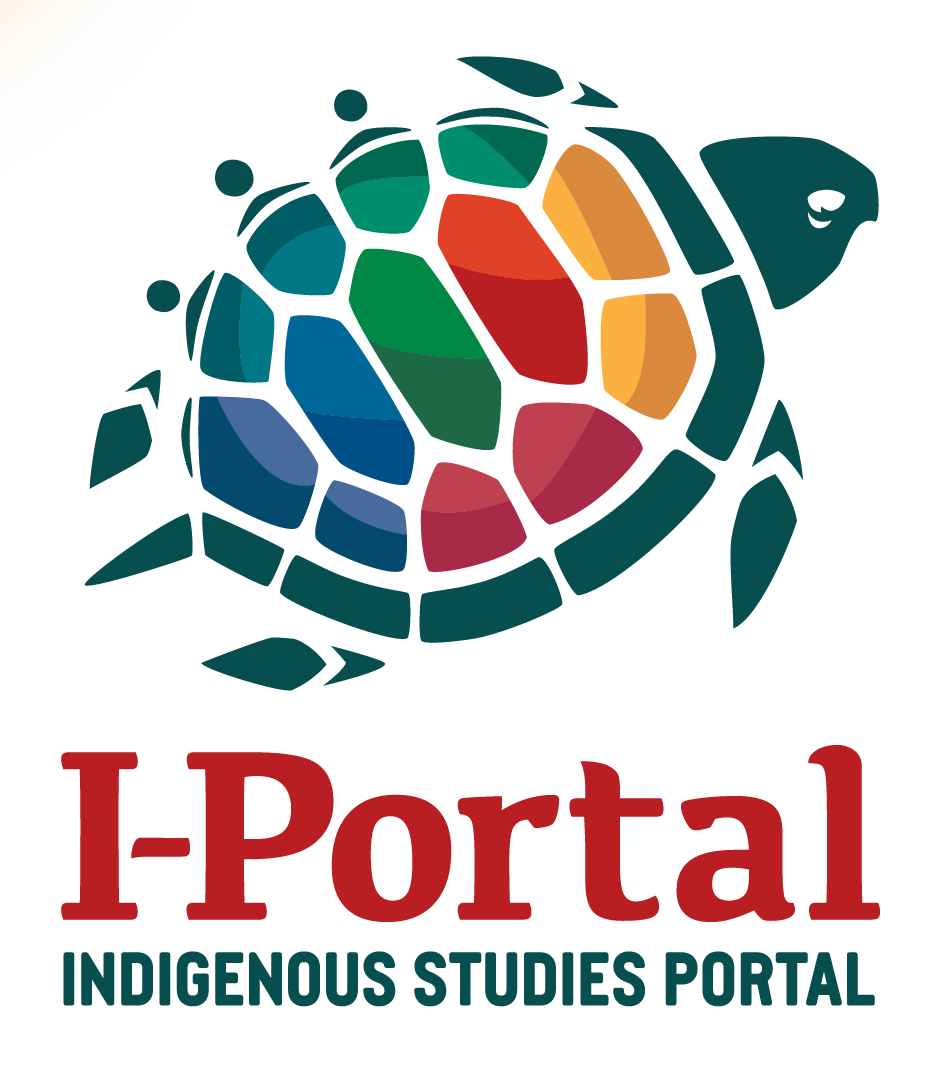The Unsustainable Nature of Ignorance: Measuring Knowledge to Effect Social Change First Results of an On-Line Survey of Aboriginal Knowledge at Queen's University
Articles » Scholarly, peer reviewed
Author/Creator
Anne Godlewska
Jennifer Massey
Jones K. Adjei
Jackie Moore
Canadian Journal of Native Studies, vol. 33, no. 1, 2013, pp. 65-94
Description
Findings based on over 3000 students argues that unawareness about Aboriginal people in Canada is the biggest problems for Native Education.
